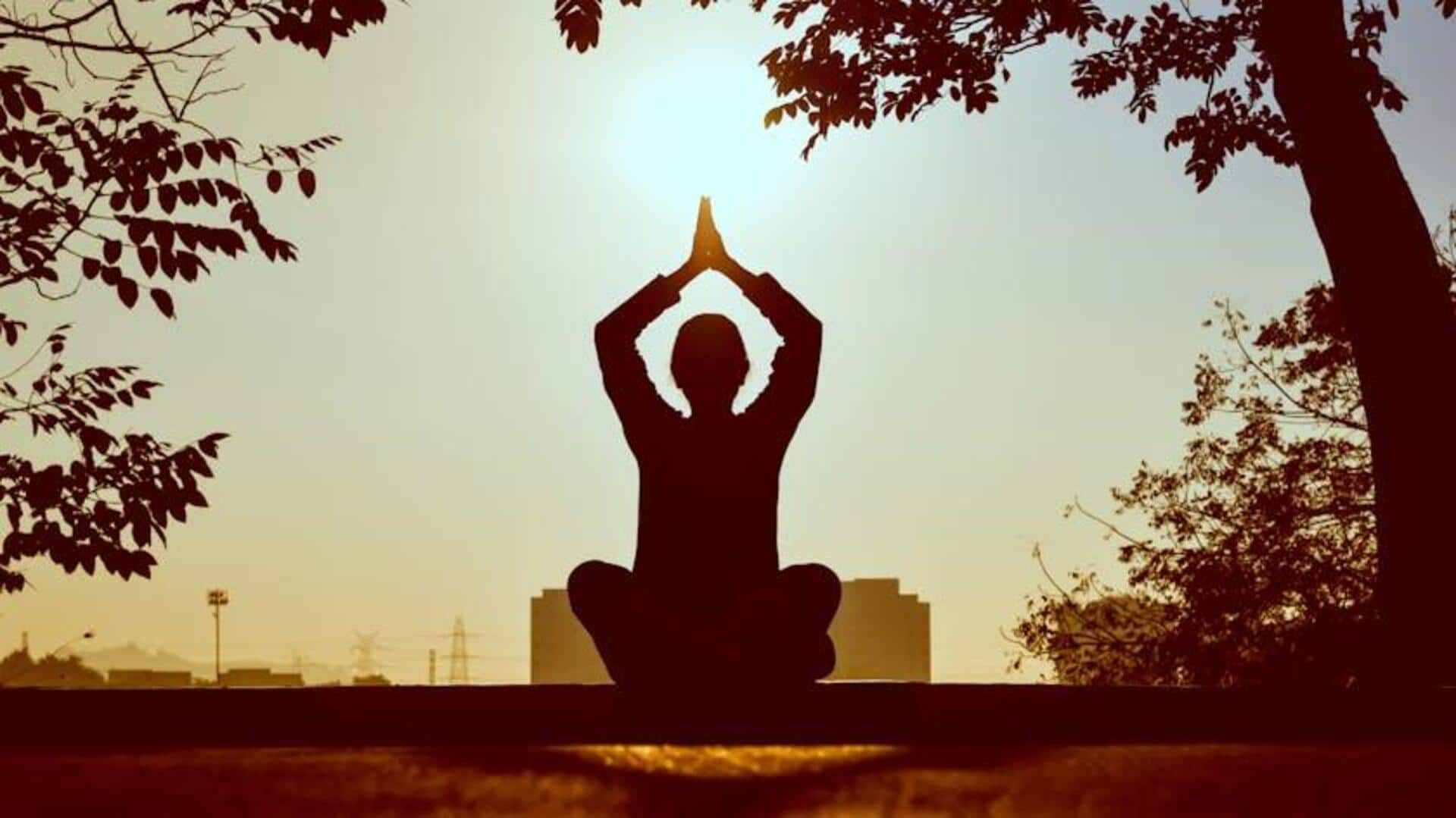
5 mindfulness techniques to reduce stress
What's the story
Mindfulness practices can go a long way in improving well-being by promoting relaxation and focusing on the present. For beginners, simple techniques can make mindful living seem less daunting. From not needing special equipment to not consuming much time, these practices are for anyone looking to improve mental health. With these, one may experience lower stress levels and greater clarity of thought. Five beginner-friendly mindfulness practices to consider.
Tip 1
Focused breathing techniques
Focused breathing is a basic mindfulness practice where you focus on your breath as it goes in and out of your body. This technique helps root your mind in the present moment, minimizing distractions and stress. Beginners may set aside five minutes daily to sit quietly and focus on their breathing patterns. With time, this practice may enhance focus and induce calmness.
Tip 2
Body scan meditation
Body scan meditation involves mentally scanning your body from head to toe, noticing any sensations without judgment. This practice promotes awareness of physical tension or discomfort that may otherwise go unnoticed during a busy day. By regularly practicing body scans for 10 minutes at a time, you can develop greater bodily awareness and learn to release tension more effectively.
Tip 3
Mindful walking
Mindful walking turns a daily activity into a chance to be mindful by concentrating on the sensations of walking itself- like feeling of feet touching the ground or the rhythm of steps taken. This way, one can stay connected with their surroundings while nurturing presence in every moment. Beginners should start with short walks for around ten minutes initially before increasing duration as they get comfortable.
Tip 4
Gratitude journaling
Gratitude journaling, or writing down things you are thankful for every day, shifts focus from negative thoughts toward the positive aspects of life instead. This simple yet powerful exercise enhances emotional resilience over time when practiced consistently—ideally spending five minutes daily reflecting on three things you appreciate about yourself or others around you.
Tip 5
Guided imagery exercises
Guided imagery exercises entail visualizing calming scenes or scenarios led by audio recordings specifically designed to help you relax; these sessions usually last for five to 15 minutes depending on the preference level chosen beforehand (e.g., beach scene). Such exercises can help alleviate anxiety levels while enhancing creativity through imaginative exploration within safe mental spaces created during the sessions themselves!